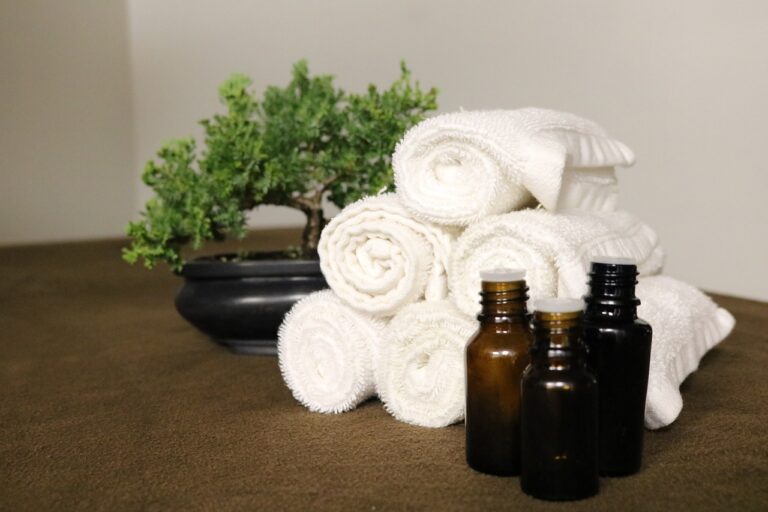Tips for Managing Stress in Older Adults
allexchbet. com, 99 exchange, allpanel: As we age, managing stress can become more challenging for older adults. From health concerns to financial worries, there are a multitude of factors that can contribute to stress in seniors. However, it is essential to find ways to alleviate stress and improve overall well-being in the golden years. In this blog post, we will explore some helpful tips for managing stress in older adults.
Understanding Stress in Older Adults
Before diving into specific strategies for managing stress, it is crucial to understand the impact of stress on older adults. Stress can have a detrimental effect on both physical and mental health, leading to a variety of health issues such as high blood pressure, heart disease, and depression. Additionally, chronic stress can weaken the immune system, making older adults more susceptible to illnesses.
As we age, our bodies may not respond to stress as effectively as they did in younger years. This can make it more challenging for older adults to cope with stressors and may even exacerbate existing health conditions. Therefore, finding ways to manage stress is essential for maintaining overall health and well-being.
Tips for Managing Stress in Older Adults
1. Stay Active: Engaging in regular physical activity can help reduce stress levels and improve overall health. Whether it’s going for a daily walk, practicing yoga, or participating in a group exercise class, staying active can have numerous benefits for older adults.
2. Practice Mindfulness: Mindfulness meditation techniques can help older adults focus on the present moment and reduce feelings of stress and anxiety. Taking a few minutes each day to practice mindfulness can have a significant impact on mental well-being.
3. Maintain Social Connections: Loneliness and social isolation can contribute to feelings of stress and anxiety in older adults. It’s essential to maintain relationships with friends and family members to combat feelings of isolation and stay connected.
4. Get Enough Sleep: A good night’s sleep is essential for managing stress and maintaining overall health. Older adults should aim for 7-9 hours of quality sleep each night to help reduce stress levels and improve cognitive function.
5. Eat a Healthy Diet: Eating a balanced diet rich in fruits, vegetables, whole grains, and lean protein can help support overall health and reduce stress levels. Avoiding processed foods and excessive sugar can also have a positive impact on mental well-being.
6. Practice Relaxation Techniques: Engaging in relaxation techniques such as deep breathing, progressive muscle relaxation, or visualization can help older adults manage stress and promote feelings of calmness and relaxation.
7. Seek Support: If feelings of stress become overwhelming, it’s essential to seek support from a healthcare provider or mental health professional. Therapy or counseling can be helpful in developing coping strategies and managing stress effectively.
Frequently Asked Questions
Q: Can stress impact physical health in older adults?
A: Yes, chronic stress can have a significant impact on physical health in older adults, leading to a variety of health issues such as high blood pressure, heart disease, and weakened immune function.
Q: How can social connections help older adults manage stress?
A: Maintaining relationships with friends and family members can help combat feelings of loneliness and isolation, reducing stress levels and improving overall well-being.
Q: What are some simple relaxation techniques that older adults can practice?
A: Deep breathing exercises, progressive muscle relaxation, and visualization techniques are simple relaxation techniques that older adults can practice to manage stress and promote relaxation.
In conclusion, managing stress in older adults is essential for maintaining overall health and well-being. By incorporating these tips into daily routines, older adults can reduce stress levels, improve mental well-being, and enjoy a more fulfilling and healthy lifestyle. Remember to prioritize self-care and seek support when needed to effectively manage stress in the golden years.







